In the realm of tax obligations, navigating the labyrinth of IRS regulations can often feel daunting. Whether due to an innocent oversight, a misunderstanding, or an unexpected life event, finding oneself in arrears with the Internal Revenue Service (IRS) is a situation that many individuals and businesses encounter at some point. However, amidst the anxiety and uncertainty, there exists a powerful tool that can potentially alleviate the burden: the IRS forgiveness letter.
Crafting a well-composed IRS forgiveness letter can yield a multitude of benefits, ranging from financial relief to fostering a positive relationship with the IRS. Let’s delve into the advantages of this often-overlooked practice:
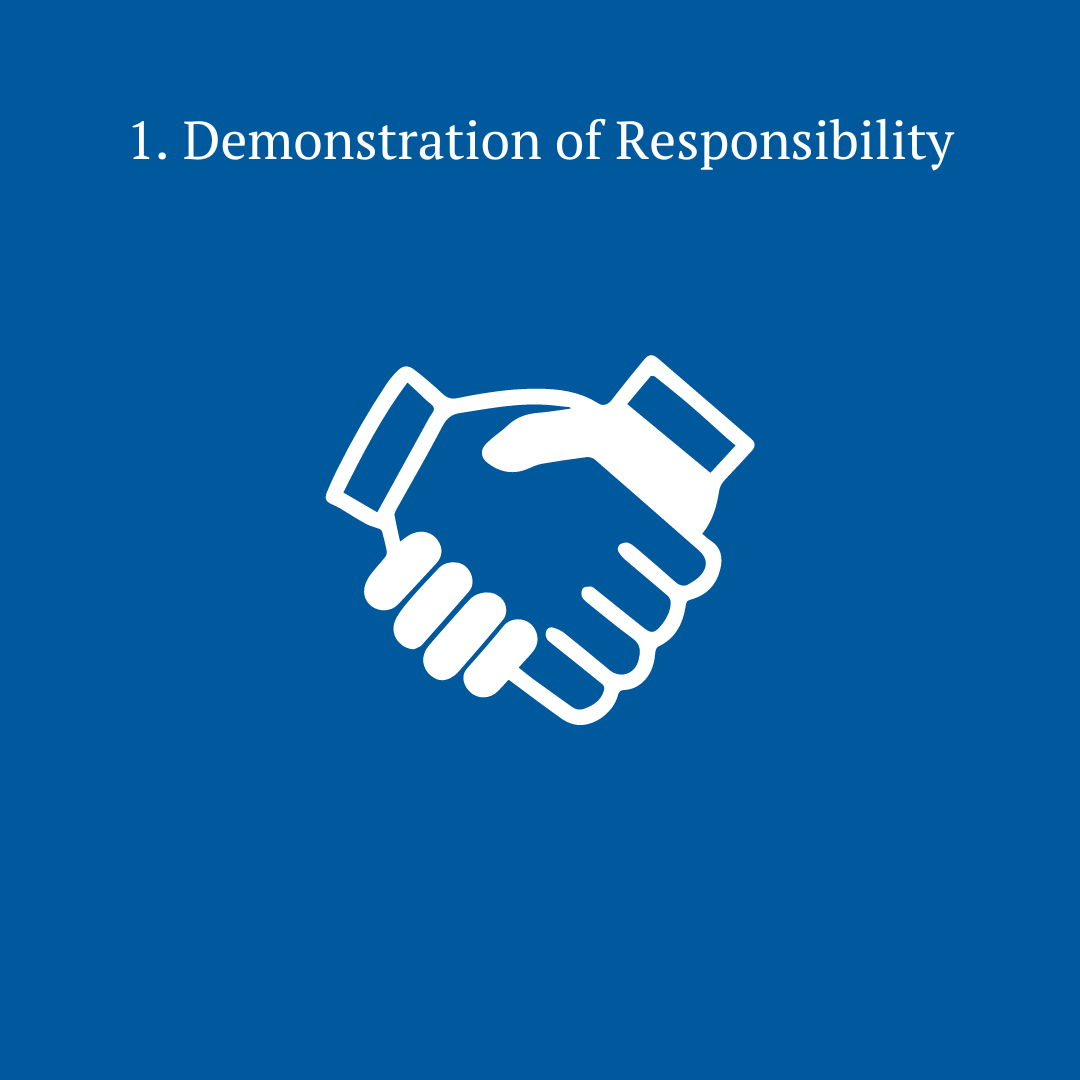
1. Demonstration of Responsibility: Writing an IRS forgiveness letter showcases your willingness to take responsibility for any errors or oversights that may have led to the tax debt. By acknowledging the issue and expressing a genuine desire to rectify it, you demonstrate integrity and accountability, qualities that are likely to be viewed favorably by the IRS.
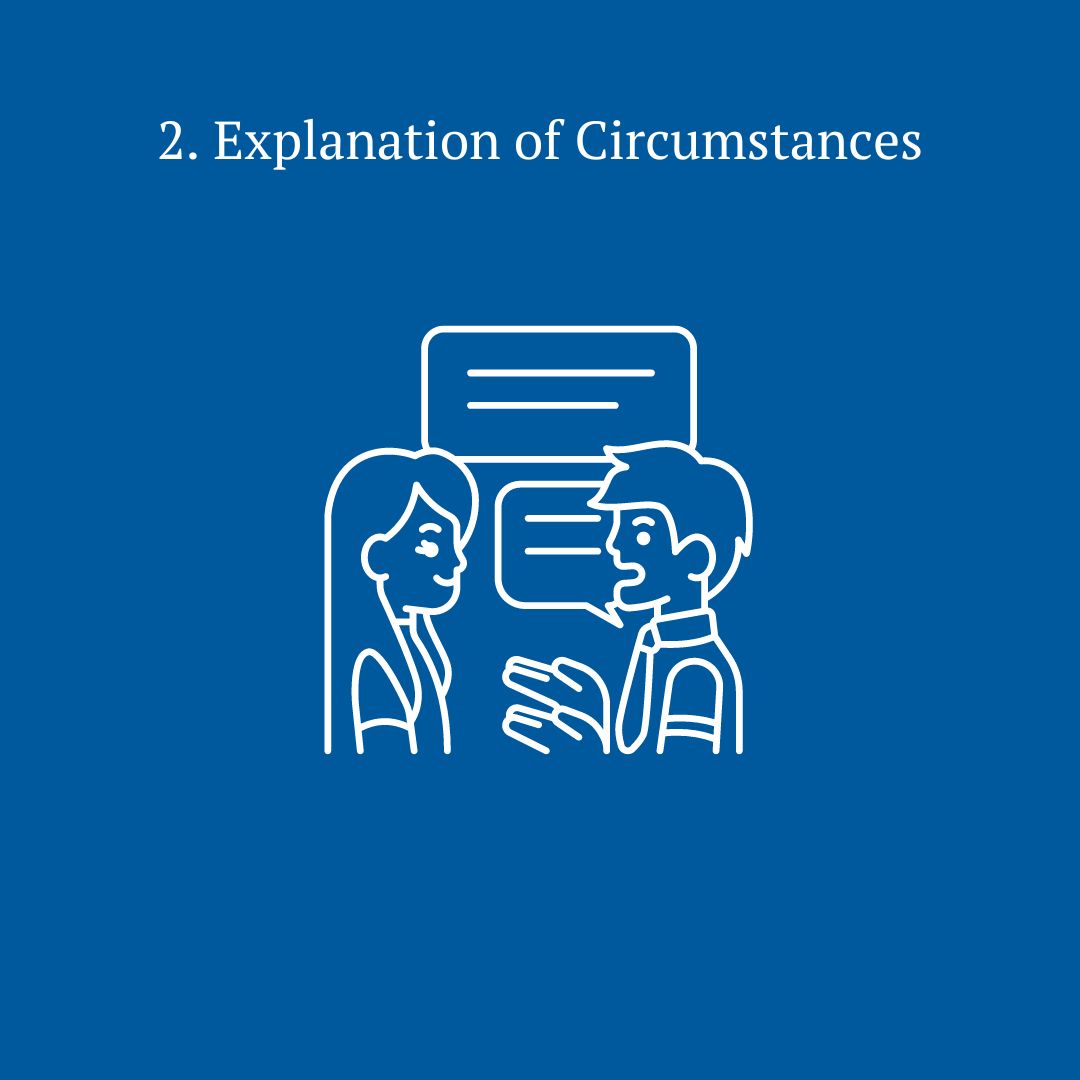
2. Explanation of Circumstances: In many cases, tax delinquency stems from extenuating circumstances such as illness, job loss, or unforeseen financial hardships. A well-crafted forgiveness letter provides an opportunity to explain the circumstances that contributed to the tax issue. Providing context can humanize your situation and evoke empathy from IRS representatives reviewing your case.

3. Request for Leniency: Alongside an explanation of circumstances, an IRS forgiveness letter typically includes a request for leniency or forgiveness of penalties and interest associated with the tax debt. By articulating your request respectfully and providing compelling reasons why leniency is warranted, you increase the likelihood of a favorable outcome.
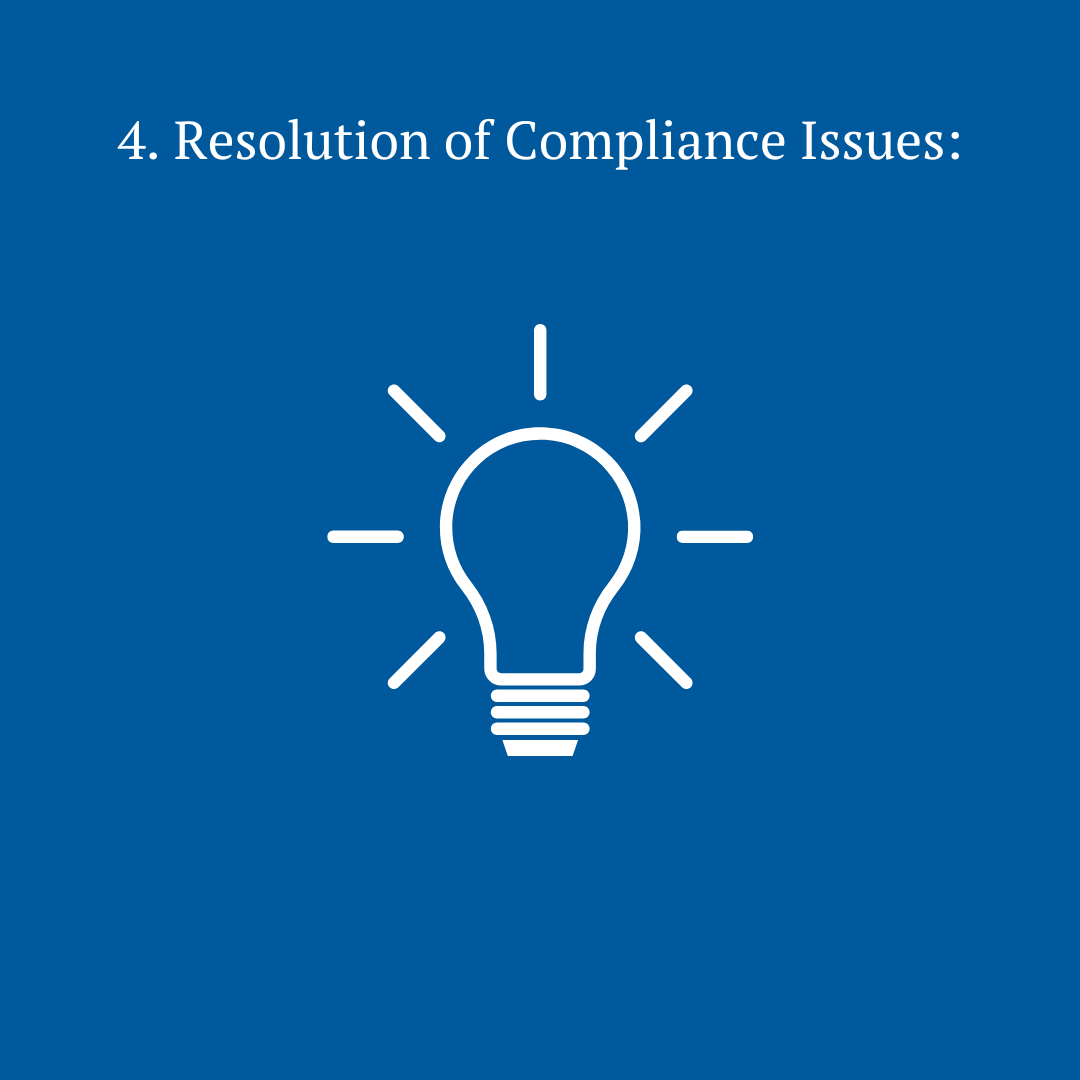
4. Resolution of Compliance Issues: In addition to addressing outstanding tax liabilities, an IRS forgiveness letter can also serve as a platform to outline steps taken to ensure future compliance with tax laws. Whether it involves implementing improved record-keeping practices, seeking professional tax advice, or enrolling in IRS payment plans, demonstrating proactive measures toward compliance reinforces your commitment to meeting your tax obligations.
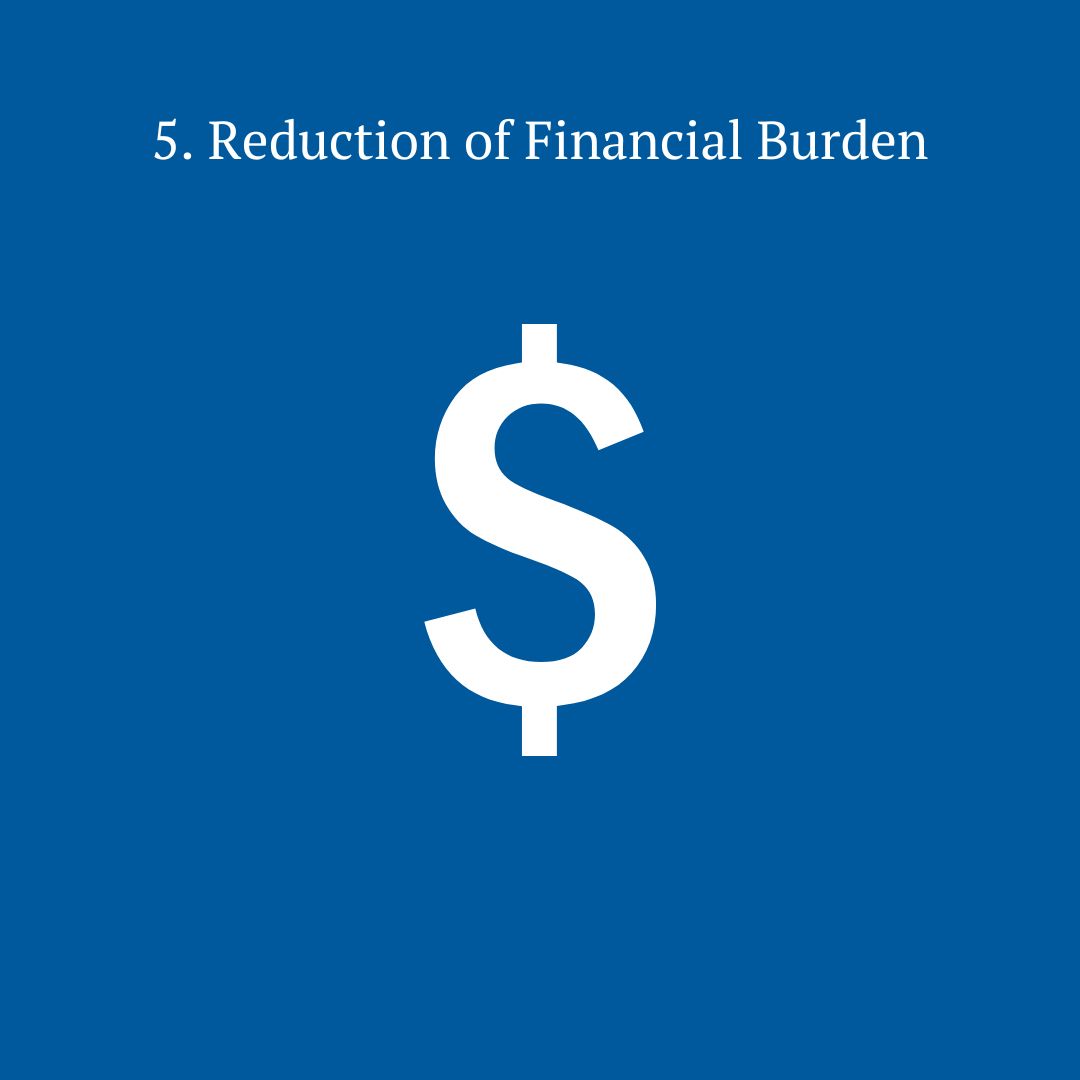
5. Reduction of Financial Burden: Perhaps the most immediate benefit of writing an IRS forgiveness letter is the potential reduction of financial burden. Depending on the circumstances and the IRS’s response, forgiveness of penalties and interest, or the establishment of a manageable payment plan, can significantly alleviate the strain of tax debt, allowing you to regain financial stability.
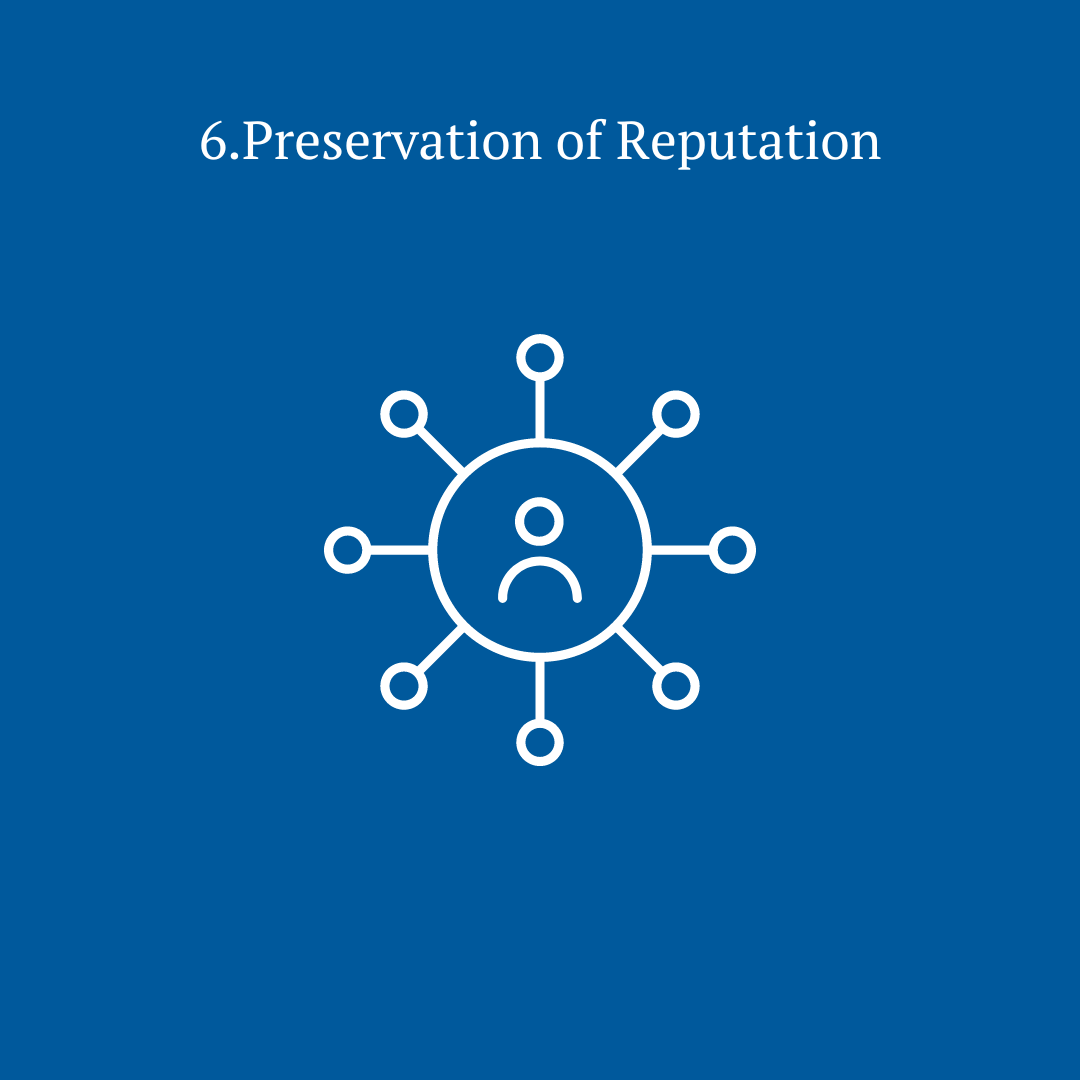
6. Preservation of Reputation: A history of tax delinquency can have far-reaching consequences beyond financial repercussions. It can tarnish your reputation and credibility, both personally and professionally. By addressing the issue head-on with a sincere IRS forgiveness letter, you demonstrate a proactive approach to resolving the matter, thereby safeguarding your reputation and integrity.

7. Promotion of Positive Relationship: Building a positive relationship with the IRS is invaluable in navigating future tax-related matters. By approaching tax issues with transparency, honesty, and respect, you lay the groundwork for a constructive relationship with IRS representatives. This can facilitate smoother resolution of any future tax issues and engender goodwill between you and the IRS.
In conclusion, the benefits of writing an IRS forgiveness letter extend far beyond the realm of financial relief. It is a powerful tool for demonstrating responsibility, explaining circumstances, requesting leniency, resolving compliance issues, reducing financial burden, preserving reputation, and promoting a positive relationship with the IRS. While crafting such a letter requires careful consideration and attention to detail, the potential rewards make it a worthwhile endeavor for anyone seeking resolution of tax-related challenges.
Disclaimer: The information provided above is not meant to be legal or tax advise. You should consult your CPA and attorney to determine the best course of action for your situation.
Mitzi E. Sullivan, CPA is a cloud based professional services provider
specializing in cloud accounting.